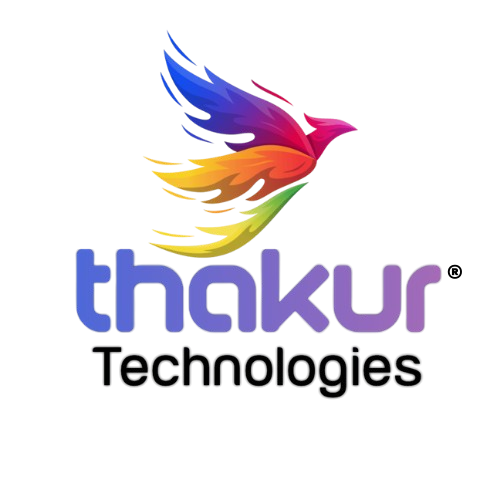The Future of Augmented Reality

Augmented Reality (AR) is poised to revolutionize education by transforming the way students interact with content, making learning more engaging, interactive, and immersive. Here's a detailed examination of how AR can reshape various aspects of education: Immersive Learning Experiences 1. Enhanced Engagement AR can bring textbook content to life. For example, history students can explore ancient civilizations through interactive 3D models, while biology students can examine the human body in detailed, life-like layers. 2. Real-World Applications AR bridges the gap between theoretical knowledge and practical application. Engineering students can use AR to visualize and manipulate complex machinery, while medical students can practice surgical procedures in a risk-free virtual environment. Virtual Labs 1. Safe and Cost-Effective Traditional science labs require expensive equipment and materials, and safety can be a concern. AR provides virtual labs where students can conduct experim...


